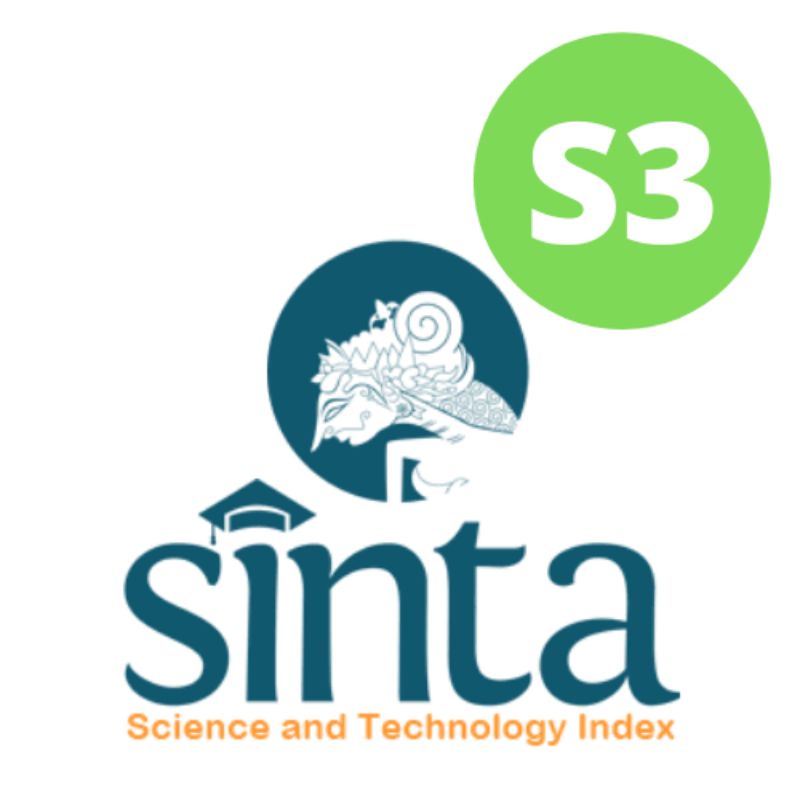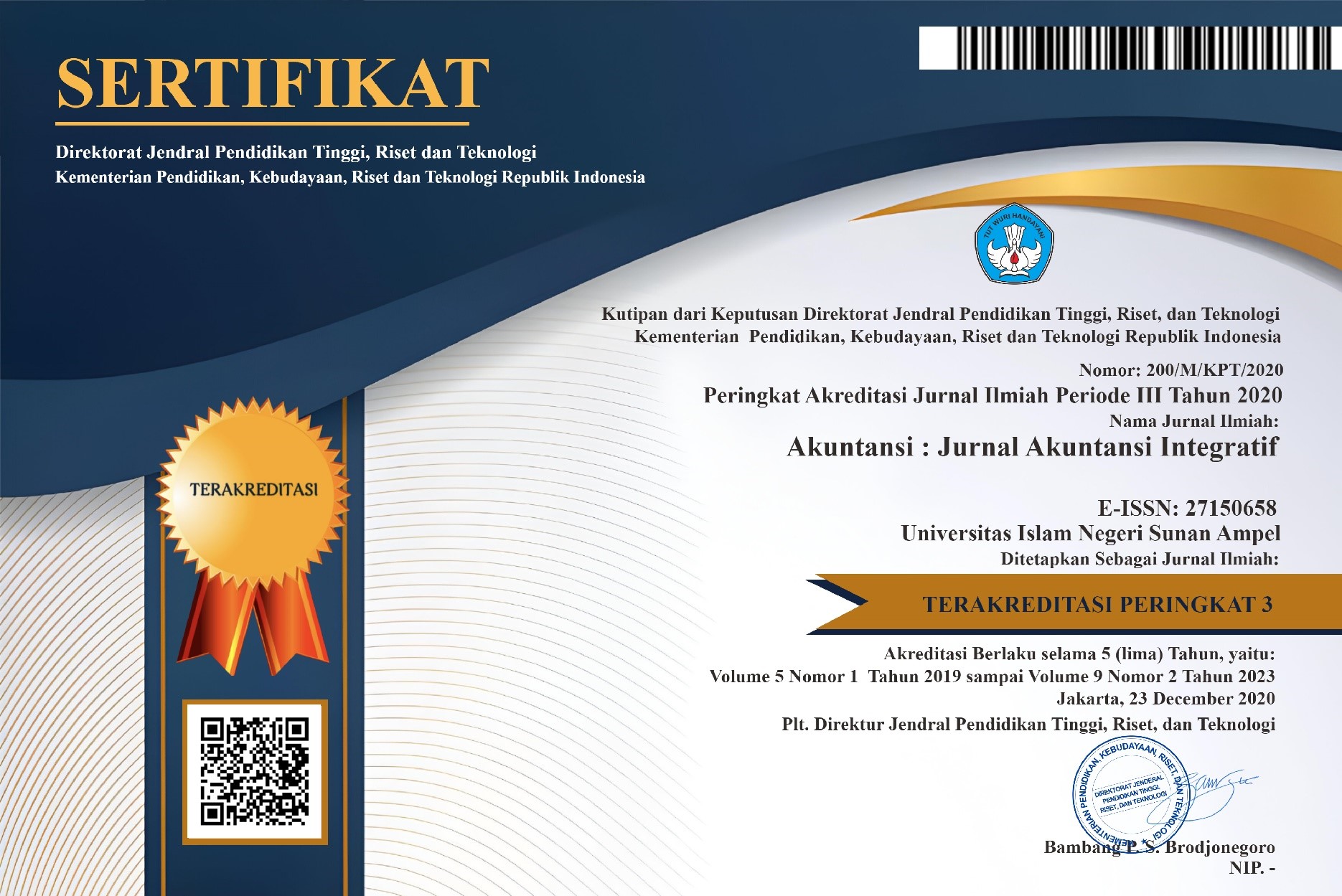Model Proses Pembelajaran Akuntansi: Peran Teknologi Informasi Dikalangan Dosen Akuntansi Pada Masa Pandemi
DOI:
https://doi.org/10.29080/jai.v7i1.384Keywords:
Accounting Learning Process, Institutional Response, Transfer Knowledge, Teaching PerformanceAbstract
Abstract
This study aims to test empirically: 1) The role of IT 2) The effect of the accounting learning process 3) Institutional response to Covid-19 on Teaching Performance of Accounting lecturers with Transfer Knowledge as an Intervening Variable, which consists of three independent variables, namely the Role of IT (X1) , Accounting Learning Process (X2), Institutional Response to Covid-19 (X3) with the dependent variable Accounting Lecturer Teaching Performance (Y), and the intervening variable Transfer Knowledge (Z).
The source of the data used in this study comes from the answers to the questionnaires distributed to the Accounting Lecturers in Indonesia. The questionnaire was distributed via the geogle link from, the respondents who filled in were 124 people. The analysis technique uses data that includes the outer model, inner model and path analysis with Smart PLS 3.0. The results of this study are that the accounting learning process and institutional responses to Covid-19 have a positive and significant effect on the teaching performance of accounting lecturers and are mediated by transfer knowledge.
Downloads
References
Antoro, D. (2014). Pengaruh Kepemimpinan, Budaya Organisasi, dan Komitmen Manajemen Puncak terhadap Transfer Knowledge dan Dampaknya terhadap Kinerja Dosen. Jurnal Bisnis Dan Ekonomi, 21(2).
Daryanto, A. (2007). Kebijakan Riset Industri Di Indonesia: Stagnasi, Tantangan dan Peluang, National Conference Research and Technology Policy in Indonesia: Challenge, Stagnancy and Opportunity. UNPAR, Bandung.
Dimyati, & Mudjiono. (2006). Belajar dan Pembelajaran (Cetakan Ke). PT. Rineka Cipta.
Hermawan, S., & Amirullah. (2016). Metode Penelitian Bisnis Pendekatan Kuantitatif & Kualitatif. Media Nusa Creative.
Irawati, D. (2006). Understanding The Triple Helix Model from The Perspective of the Developing Country: A Demand or A Challange for Indonesian Case Study?
Nonaka, I., & Takeuchi, H. (1995). The knowledge-creating company: How Japanese companies create the dynamics of innovation. Oxford university press.
Profetto, J. (2004). Knowledge transfer: what it is and what it takes to do it best. Water Cooler Presentation.
Sahyar, S. (2009). Pengaruh Kompetensi Dosen dan Proses Pembelajaran Terhadap Keunggulan Bersaing Program Studi Di Pendidikan Tinggi. Ekuitas (Jurnal Ekonomi Dan Keuangan), 13(3), 308–325.
Windarti, W., & Sukmawati, A. (2011). Faktor-Faktor Kunci Kesuksesan Implementasi Manajemen Pengetahuan pada PT Unilever Indonesia Tbk. Jurnal Manajemen Dan Organisasi, 2(1), 13–26.
Downloads
Published
How to Cite
Issue
Section
License
Copyright (c) 2021 Nur Ravita Hanun

This work is licensed under a Creative Commons Attribution-ShareAlike 4.0 International License.









